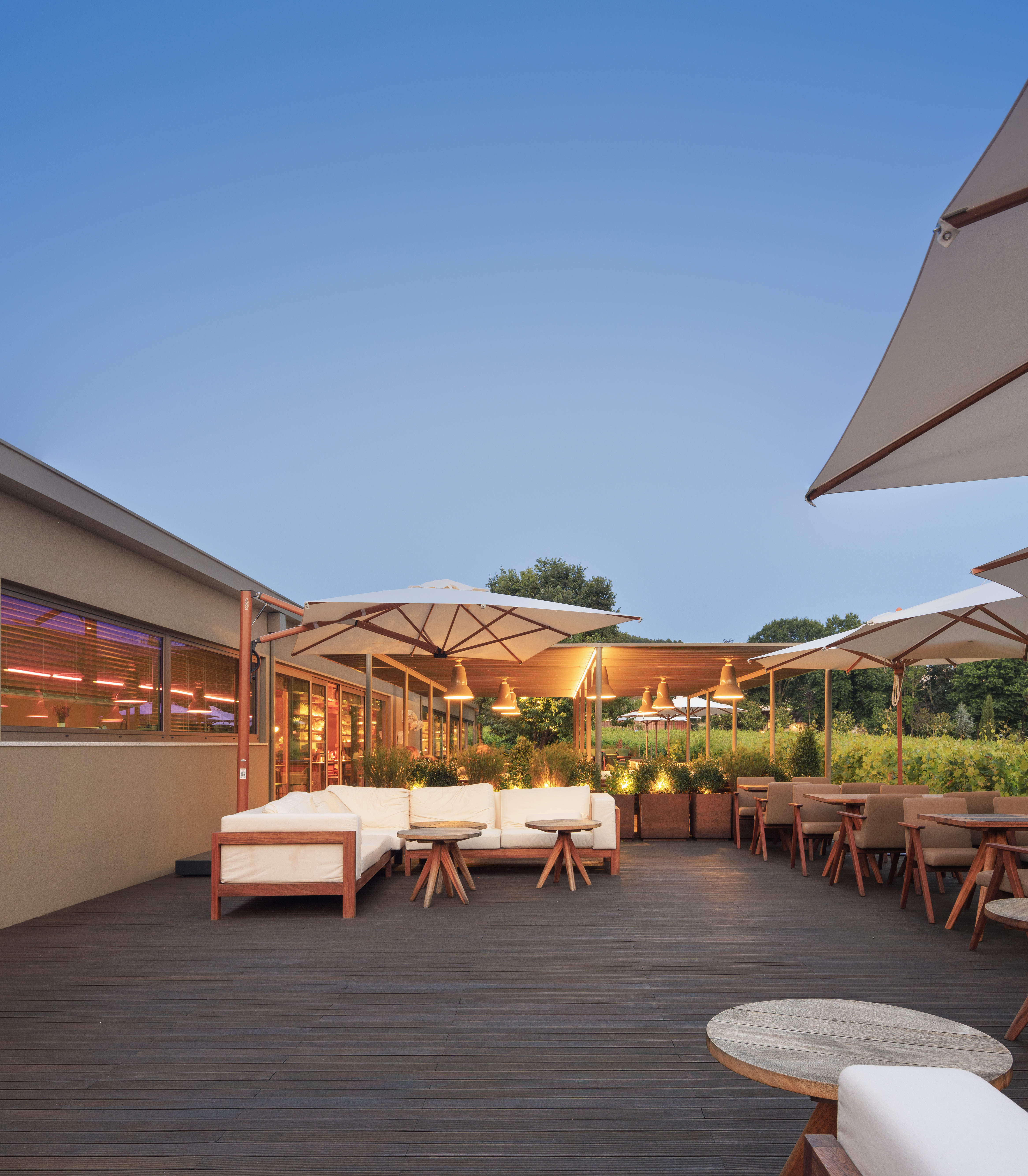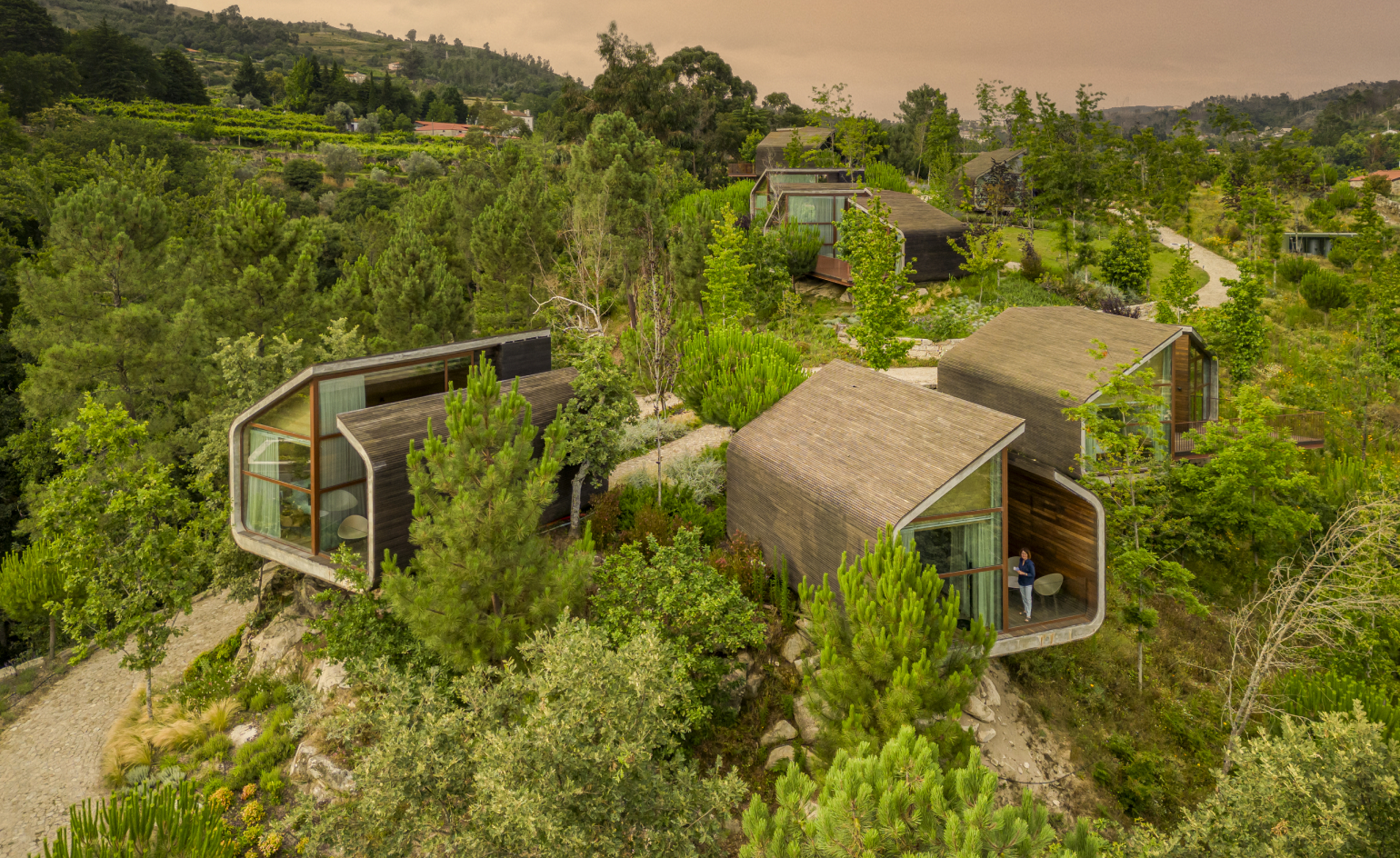
FCC Architectura has unveiled a series of luxury cabins for Lavandeira Douro Nature & Wellness, a hospitality project in northern Portugal that combines nature, wellbeing, and local gastronomy. The cabins appear futuristic at first glance but are designed with a rural essence in mind. To achieve this, the Portuguese practice, founded by Fernando Coelho and Ana Loureiro, used thermally modified ash cladding, which resulted in a minimalist interior with large glass façades.
Lavandeira Douro Nature & Wellness: cabin escapes


The cluster of cabanas is close to the banks of the river Douro near Portugal’s famed wine-growing region of Ancede. The groupings take inspiration from traditional pastoral transhumance settlements, called brandas in Portuguese. With construction subject to strict footprint and height restrictions, Coelho opted for a single-storey, open-plan design where pine-dressed living areas face two lateral bedroom suites with a natural black slate bathroom.
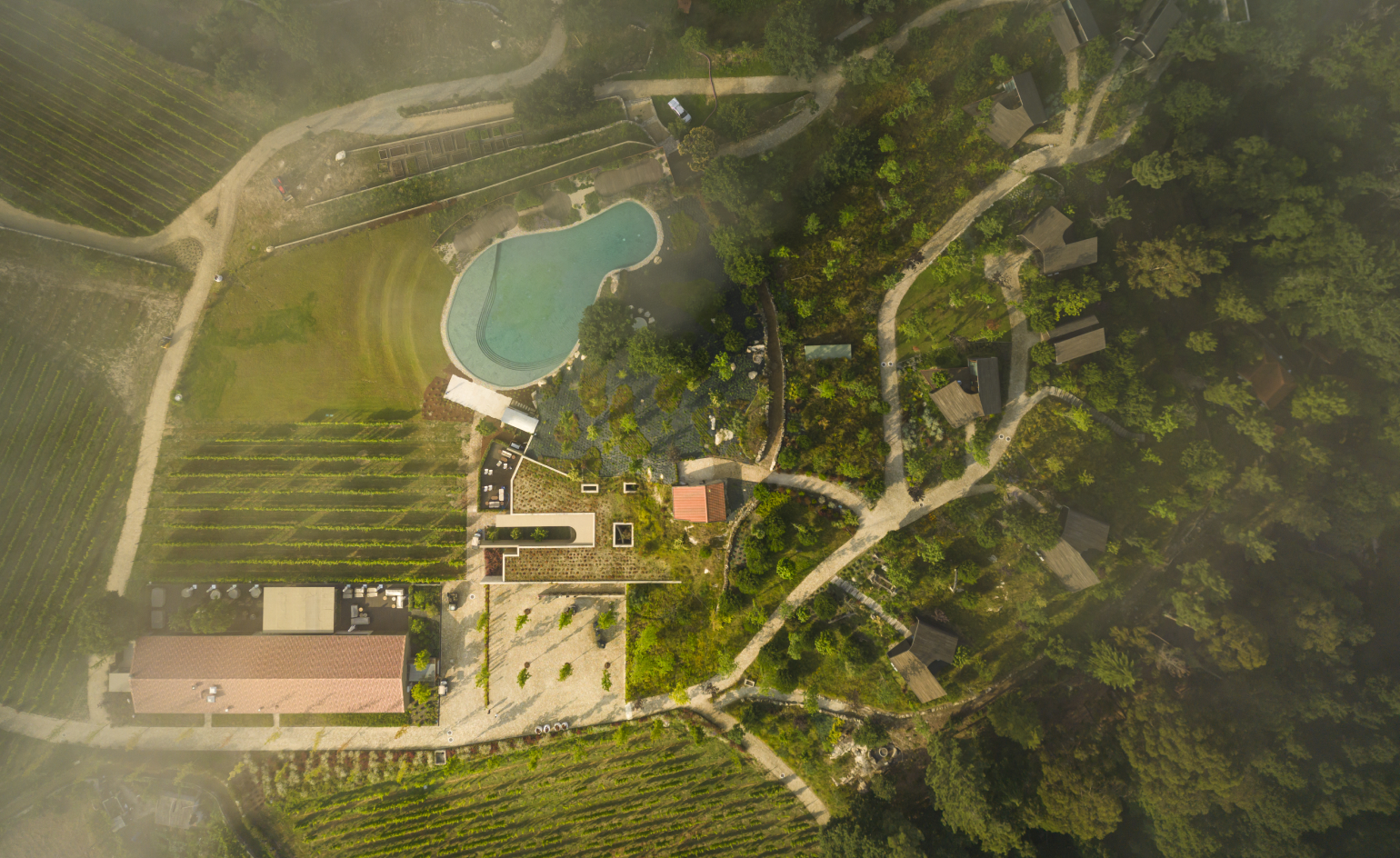
‘The central idea was to create a special place to appreciate spending time while elevating those very pastoral branda qualities that are so compelling,’ says Coelho, who worked with interior designer Paulo Lobo.

Built on a south-facing 30-acre plot, this little slice of Eden started as a modest renovation project, eventually culminating in a 46-room resort. The story began 13 years ago with public relations executive Alexandra Leite and financier husband Carlos Gomes converting an 18th-century manor, steeped in heraldic history, into a guest house with a classic car museum hosting wine and wedding events.
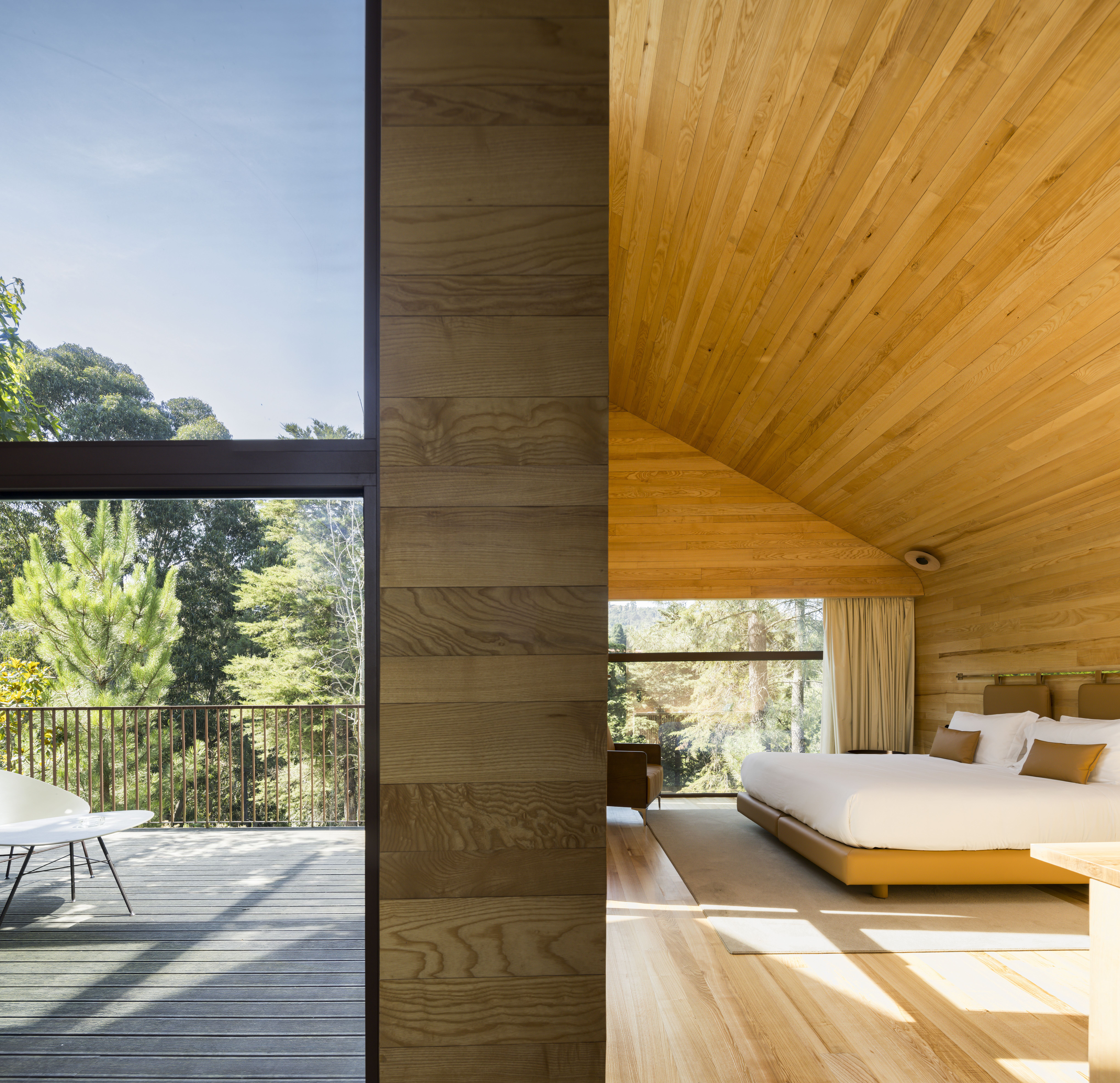
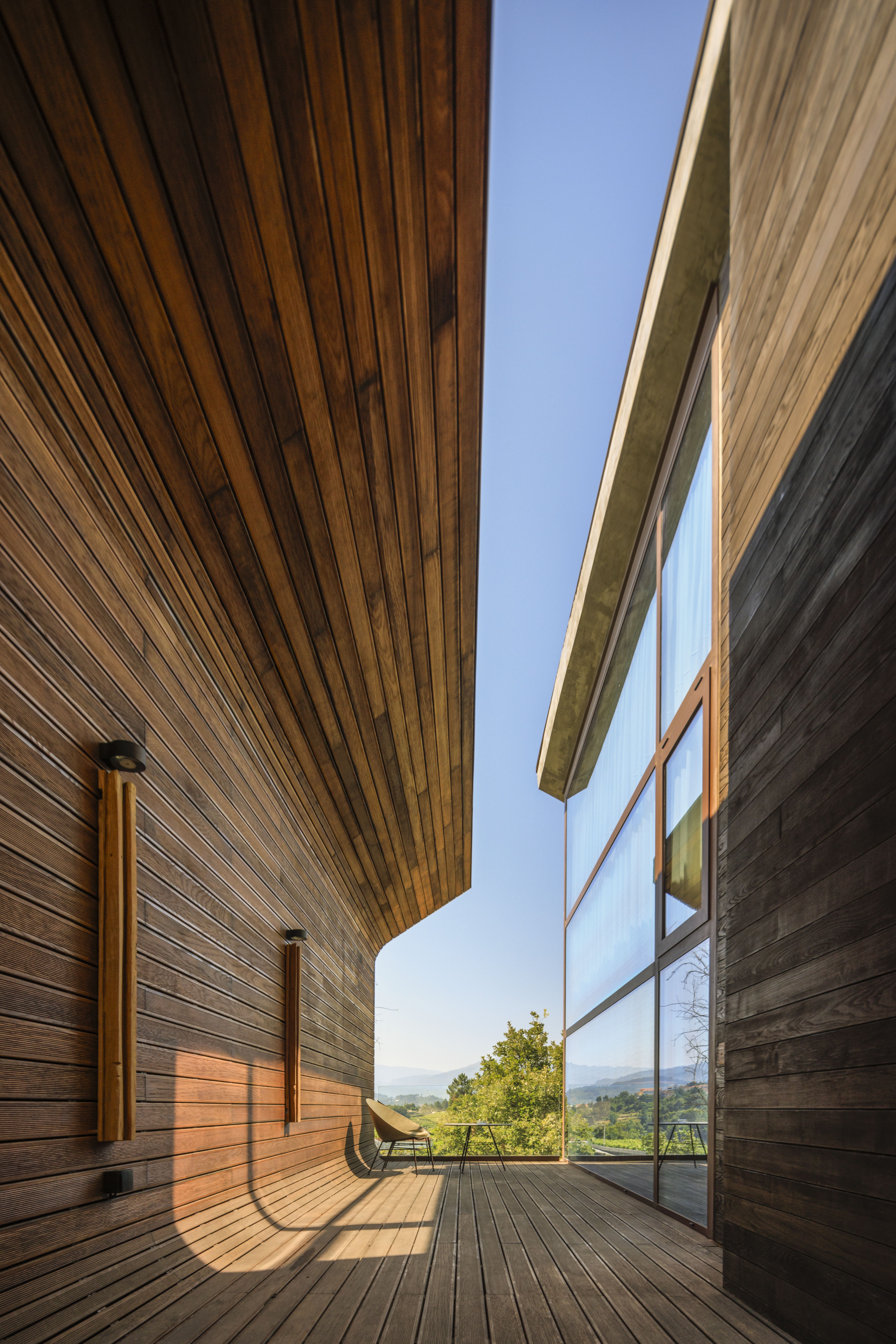
When arriving at Lavandeira, guests are whisked away in electric buggies to their allotted accommodation, some 400m away. The villas are neatly nested along a vineyard terrace overlooking a lagoon-shaped pool beside a sprawling limestone spa complex that is recessed into the hillside and camouflaged beneath a herb-garden rooftop. The spa experience has all that one would expect of a five-star hotel – heated pool, hydromassage, sauna, Turkish bath and gym.

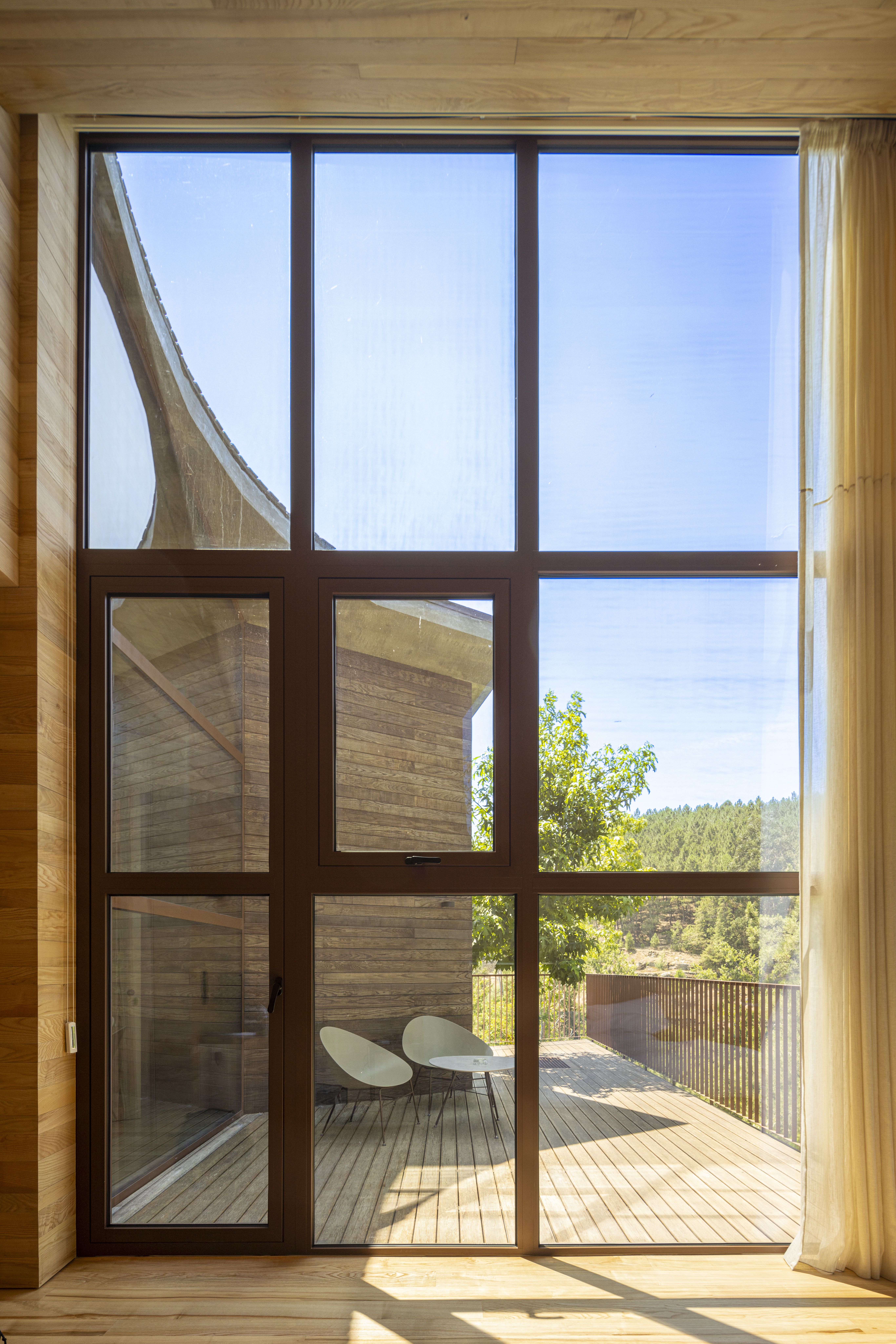
Named after one of the farm’s horses, Elmo Restaurant lives within converted stables. Here, Coelho preserved the structure of the old agricultural warehouse while Lobo revamped the interiors, which spill onto a large terrace with panoramic views of the vineyards. Native chef Paulo Magalhães’ regional cuisine trumps the organic salad bar menu, with typical feijoada bean stew, cured sausages, green broths, tender roast lamb and grilled cuts of meat complemented by Lavandeira’s wines and olive oil.

